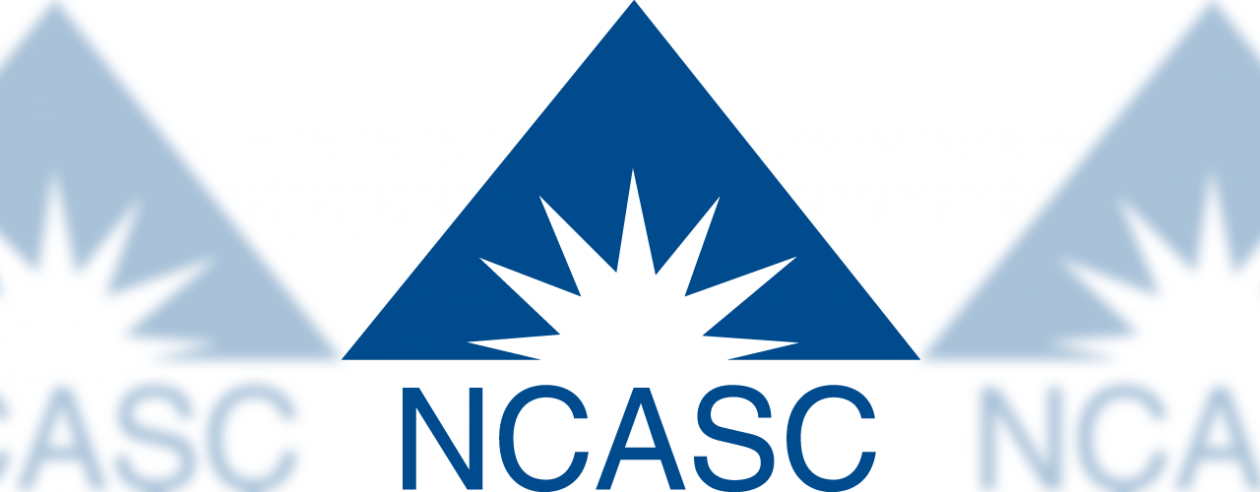
![]()
About NCA Student Clubs
Created in 1995, the National Communication Association Student Clubs are an aggregation of student Communication clubs chartered on various college and university campuses that have elected to affiliate with NCA and have made a commitment to enriching the lives of undergraduate Communication majors and non-majors. NCA Student Clubs promote the study, teaching, and application of the principles of Communication through educational and social functions that are relevant to the membership of the club.
Requirements for Colleges and Universities
Student Communication clubs must be affiliated with a two- or four-year college of university, subscribe to NCA's purposes, and be officially recognized by their educational institutions. Club members do not have to belong to NCA
How to Join
Complete the NCA Student Club Application and submit the $100 application fee.
Student Club Requirements
Each club must submit chartering documents – mission statement, guidelines for membership, and proof of campus recognition – with the chapter application form.
Once the chapter application has been processed and approved, the club may begin inducting members.
Each student club must have a faculty advisor who is included on the chapter application form. The advisor’s name will be recorded on the club’s membership. Clubs must inform NCA if there is a change in advisor.
The selection of the faculty advisor is the responsibility of the host institution. Each campus is to determine if and how advisors will be compensated for their efforts. The responsibilities of the faculty advisor should include:
- Assuring that the campus club carries out its mission
- Assuring that the campus club fulfills its reporting and financial responsibility to NCA
- Assuring that the campus club fulfills its responsibilities as required by the local institution
- Assisting the campus club in the development and implementation of activities and services to assist the development of its members
Once a club is an NCASC member, it will retain that status as long as it conforms to the NCA constitution and by-laws, operates within applicable NCA policies and procedures, and remains in good standing on campus.
Student Requirements
The club may designate its own guidelines for accepting members based on grade point average, number of Communication credits, etc. NCA has no national requirements for student members. Please consult with your local chapter leaders for details about your institution’s club membership requirements.
Benefits of Membership
Chapters receive the following:
- A guidebook for advisors
- A customizable membership certificate form
Student members receive the following:
- Voting rights in local chapter
Faculty Advisor Responsibilities
- Each student club must have a faculty advisor who is indicated on the chapter application. The advisor will receive all NCASC-related communications from NCA. Clubs must inform NCA if there is a change in advisor.
- The selection of the faculty advisor is the responsibility of the host institution. Each campus is to determine if and how advisors will be compensated for their efforts.
- The faculty advisor should ensure that the campus club carries out the NCASC purpose through the development and implementation of relevant activities, fulfills its financial responsibilities to NCA, and fulfills its responsibilities as required by the local institution. The advisor is also responsible for submitting an annual student membership list to NCA

